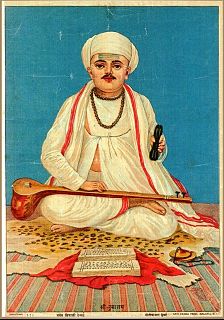A Quote by Gilbert K. Chesterton
Criticism is only words about words, and of what use are words about such words as these?
Related Quotes
There's something nearly mystical about certain words and phrases that float through our lives. It's computer mysticism. Words that are computer generated to be used on products that might be sold anywhere from Japan to Denmark - words devised to be pronounceable in a hundred languages. And when you detach one of these words from the product it was designed to serve, the words acquires a chantlike quality.
Your circumstances will line up with your words. ... Words are like seeds, they have creative power. ... The more you talk about it the more you call it in. ... Your words will give life to what you are saying. ... You can change your world by simply changing your words. ... You can use your words to bless your life or curse your life.
The dictionary is like a time capsule of all of human thinking ever since words began to be written down. And exploring where words have come from can increase your understanding of the words themselves and expand your understanding of how to use the words, and all of this change happens in your thinking when you read the words.
Words are singularly the most powerful force available to humanity. We can choose to use this force constructively with words of encouragement, or destructively using words of despair. Words have energy and power with the ability to help, to heal, to hinder, to hurt, to harm, to humiliate and to humble.






































